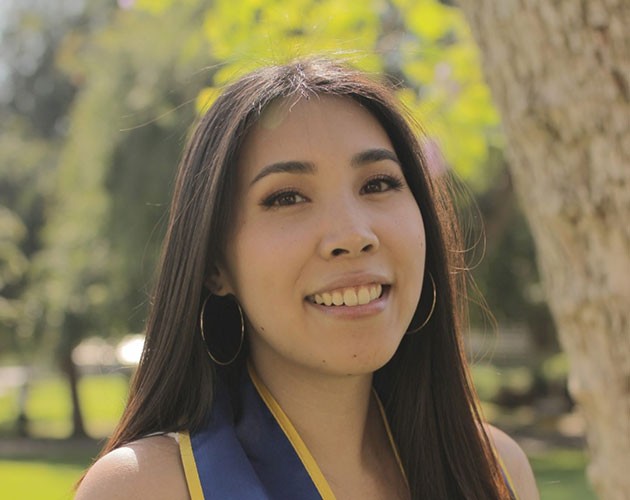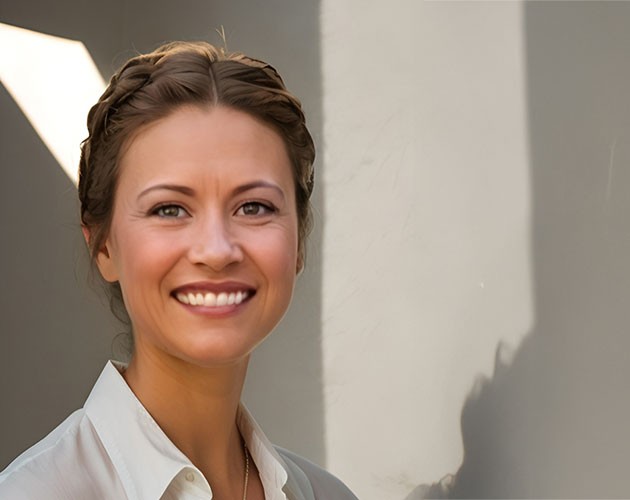On the Road to Curing Cancer

Cancer is one of the leading causes of death in the United States. The more educated we are about cancer, the better equipped we will be to fight against it. According to the National Cancer Institute, about 40 percent of people in the United States will be diagnosed with cancer. In addition, “Although rates of smoking, a major cause of cancer, have declined, the U.S. population is aging and cancer rates increase with age. Obesity, another risk factor for cancer, is also increasing.”
In my online course The Biology of Human Cancer, you will learn how cancer forms, the genes that cause cancer to grow (oncogenes) and those that prevent cancer growth (tumor suppressors). I have been with UC Berkeley Extension for more than two years—and bring plenty of experience from the field to educate each student.
- I received my Ph.D. in Molecular and Systems Pharmacology from Emory University, where my doctoral work focused on identifying novel treatments for patients with HER2-overexpressing breast cancer.
- My post-doctoral research in the Pharmacology Department at Case Western Reserve University focused on finding new treatments for a subset of breast cancers, called Triple Negative Breast Cancer. My research was funded by a grant from the National Institutes of Health and focused on identifying novel drug combination therapies for patients with Triple Negative Breast Cancer.
- I have published multiple research articles and received multiple awards for my research, including the American Association for Cancer Research Scholar-In-Training Award, The Federation of American Societies for Experimental Biology/Maximizing Access to Research Careers (FASEB/MARC) Travel Award and the Case Western Reserve University Department of Pharmacology Outstanding Postdoctoral Researcher Award in May 2017 to mention a few
Teaching at Extension allows me to bridge my own academic and research experience with those who are also interested in understanding—at a molecular level—the biology of cancer. In addition, teaching an online course allows me to interact with and educate a diverse group of students across the country. Every module includes riveting discussion questions that increase discussion among classmates on topics that extend beyond what the textbook offers.
My hope is that you are inspired to join the fight against cancer.
So what can you expect taking my class?
Beyond understanding what causes and prevents cancer, you’ll learn about repair mechanisms that keep the genome from mutating and the role that mutations play in cancer. I’ll also describe the steps cancer must take to leave its primary site in the body in order to invade other organs.
From there, we discuss the advantages and disadvantages of current and proposed cancer therapeutics.
My hope is that you are inspired to join the fight against cancer.
I draw from my professional experience as a breast cancer researcher, and also include guest lecturers:
- A current cancer researcher who discusses an innovative cancer research tool in detail
- A previous March for Science speaker who discusses the importance of scientist involvement in politics
- The perspective of a cancer patient undergoing chemotherapy
The skills and knowledge one can acquire in the The Biology of Human Cancer course are instrumental in preparing for a career in the biomedical sciences—one that is aimed at accelerating progress against cancer.
As a breast cancer researcher for 10 years, I was excited about generating big data that is directed at finding cancer-causing genes and could potentially be therapeutic targets. I am extremely excited to now be a part of the National Cancer Institute in the Office of Data Sharing.
Our goal is to make big data available for secondary use to cancer researchers across the world—allowing other researchers to build upon the discoveries made by the original researchers and accelerating cancer research. My job involves creating a comprehensive cancer research data-sharing vision and strategy for the organization and the research community. This includes creating educational resources to guide the cancer community on the importance and processes of sharing cancer data.
I am fortunate to be an educator in the cancer field who works with students at the beginning of their careers, as well as established cancer researchers.


